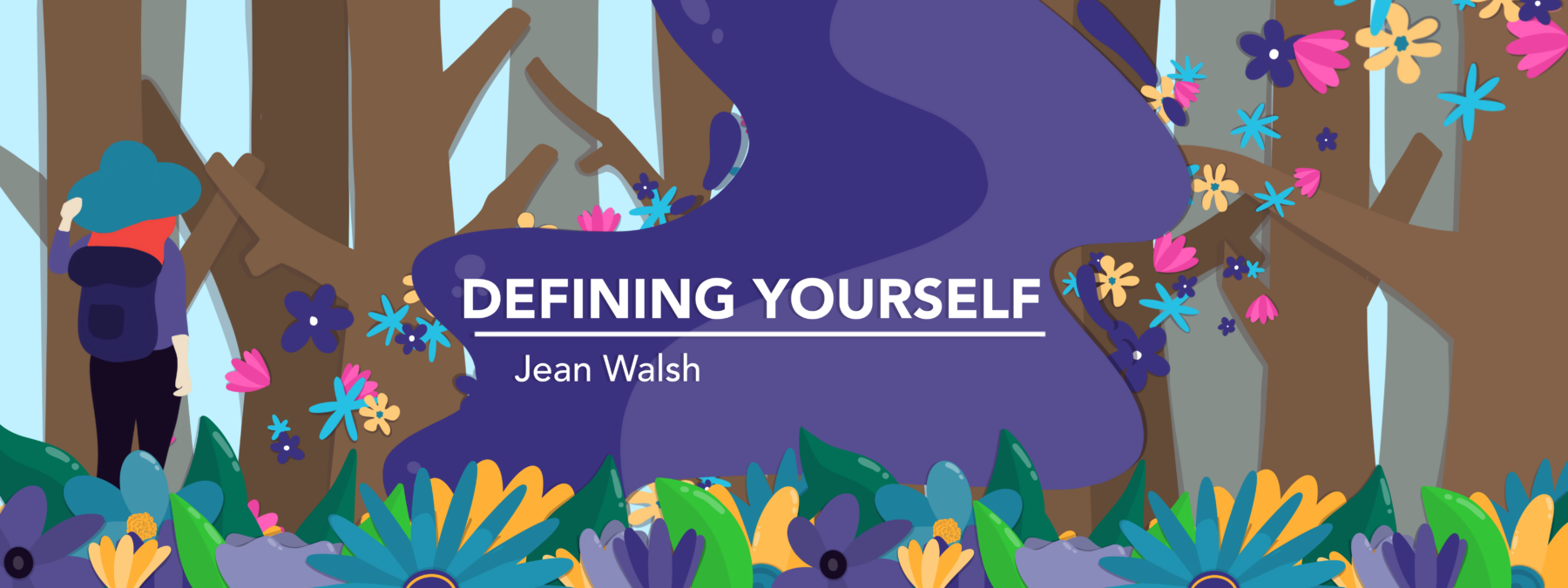‘I’m fine’ is my automatic answer, even when it shouldn’t be
After one tough fall, I clearly needed help — but couldn't seem to ask for it
Written by |

If you’ve seen me fall or heard me talk about it, the first thing I usually say is “I’m OK.” I’ve even said that when I had a broken shoulder, when I clearly was not fine. Since no one could see my broken shoulder, I hid the pain.
When I had the fall I describe here, I insisted that I could still drive — which turned out not to be true. In hindsight, I needed to be taken to the emergency room.
For context, before I continue my tale: I have Friedreich’s ataxia (FA). Since early and persistent symptoms of FA include poor balance and coordination, falls and the fear of them are typically part of living with the disease. I also have osteoporosis, likely caused by my FA, which makes me much more likely to break a bone when I fall. Usually, I use a wheelchair and drive with hand controls, but that doesn’t always prevent falls from happening.
All of the above is relevant to the fall I’m describing.
Ten years ago, I was on-site visiting a potential client with my practicum supervisor for my Master of Social Work degree. We’d finished the visit and were heading back to our respective cars, which were parked in a lot down the hill from the front entrance of my then-client’s apartment building.
I was using a manual wheelchair at the time, which made braking difficult when going downhill. In this instance, I tried to brake while descending, but I didn’t do a good job; as I then picked up momentum, the sidewalk made a slight turn. I didn’t turn. My wheelchair and I went over the curb. Luckily, no cars were coming.
The next driver, however, helped my supervisor flip my wheelchair upright and assisted me in getting into it. To be fair to myself, my right shoulder hurt, but it didn’t feel broken. (I’d broken my left shoulder just two years earlier, so I thought I remembered how it felt.) I reassured my supervisor and the good Samaritan that I was OK. Once they believed me (or at least nodded in agreement), I headed toward my van.
Importantly, I didn’t want my supervisor to think she was in any way responsible or that I couldn’t work independently.
I navigated up the ramp into my wheelchair-accessible van. Once inside, though, I couldn’t reach the handle that helped me transfer from my wheelchair into the driver’s seat, let alone drive. When you drive with hand controls as I do, one hand is on the steering wheel while the other is on the gas and brakes. You need both hands.
I realized I needed help. However, I was so worried about being seen as needy that I didn’t ask my kind supervisor for further assistance. She was still nervous about how I was doing and had walked me to my van, but I hadn’t indicated I needed help — and look what happened.
Once I realized my situation, I called my husband, who was almost finished with his teaching day in a nearby town. I waited in my van for him for about 40 minutes. When he got there, he drove me to the emergency room.
Why do I constantly try to minimize hard times?
I’ve always chalked up my almost pathological need to let everyone think I’m OK to being an adult child of an alcoholic. My mother, who passed away in 2016 and was sober for the last 18 years of her life, suffered from the medical disorder of alcoholism.
Please note, I’ve done a lot of work over the years to cope with my chaotic upbringing.
According to a 2016 article in PsychCentral, children who live in households with addictions quickly learn to hide or minimize problems to preserve stability and avoid conflict.
Then I read a column by one of my Bionews colleagues, Kerry Wong. In it, she suggested that perhaps internalized ableism causes those of us who are disabled to always say we are fine and adopt the glass-half-full attitude.
She encourages those of us with disabilities to get more comfortable with feeling uncomfortable. It’s OK to be angry and make waves when we only get a dribble from life’s glass. Or maybe we get some more, but we expected more than what we received.
I’m conscious of ensuring the well-being of those around me. Perhaps being an adult child of an alcoholic and having a disability have together led me to be a person who doesn’t make waves. Most of the time, I accept it because that’s just who I am. However, sitting in my van in my wheelchair for 40 minutes when I should’ve been in the emergency room is not acceptable. If something like that happens again (hopefully it won’t!), I plan to make waves.
Note: Friedreich’s Ataxia News is strictly a news and information website about the disease. It does not provide medical advice, diagnosis, or treatment. This content is not intended to be a substitute for professional medical advice, diagnosis, or treatment. Always seek the advice of your physician or another qualified health provider with any questions you may have regarding a medical condition. Never disregard professional medical advice or delay in seeking it because of something you have read on this website. The opinions expressed in this column are not those of Friedreich’s Ataxia News or its parent company, Bionews, and are intended to spark discussion about issues pertaining to Friedreich’s ataxia.



Leave a comment
Fill in the required fields to post. Your email address will not be published.